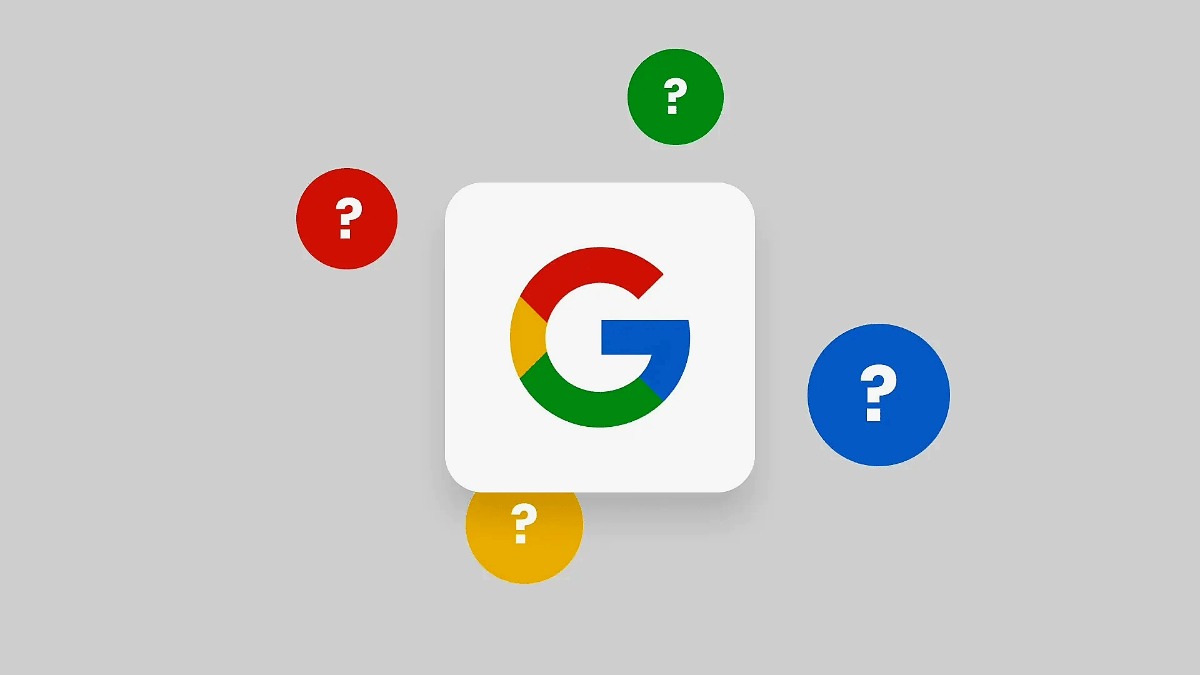Starting February 16, 2025, Google is set to introduce a controversial update to its tracking policies, bringing digital fingerprinting back into the spotlight.
This change aims to adapt to the evolving internet landscape, but it has sparked concerns from regulators about user privacy and transparency.
What Is Digital Fingerprinting?
Digital fingerprinting collects data about a device’s hardware, software, and activity to create a unique identifier for tracking users across platforms.
Unlike cookies, fingerprinting cannot be easily cleared or blocked, making it harder for users to control their data.
Why Is Google Making This Change?
Google cites advancements in privacy-enhancing technologies (PETs) as a way to balance user privacy with advertisers’ needs.
The company aims to support cross-platform tracking, including on smart TVs and gaming consoles, to improve ad targeting and measurement.
Regulatory Concerns
The UK’s Information Commissioner’s Office (ICO) has criticized the move, calling it a “u-turn” on Google’s previous stance against fingerprinting.
Regulators warn that fingerprinting reduces user choice and transparency, and they have pledged to monitor its deployment closely.
What This Means for Users
- Less Control: Unlike cookies, fingerprinting cannot be managed through browser settings or consent banners.
- Increased Tracking: The change expands tracking to devices like smart TVs and gaming consoles, creating a more comprehensive user profile.
- Regulatory Scrutiny: Businesses using fingerprinting must comply with legal and transparent data use practices or face action from regulators.
Google’s Response
Google argues that PETs will ensure responsible data use and prevent re-identification of users.
The company plans to work with the advertising industry to establish new standards for privacy-preserving ad tracking.
What You Can Do
To protect your privacy:
- Use Privacy-Focused Browsers: Consider alternatives like Brave or Firefox.
- Review Device Settings: Check privacy settings on smart TVs, gaming consoles, and other devices.
- Stay Informed: Monitor updates from regulators and privacy advocates.
While Google’s changes aim to modernize ad tracking, they raise critical questions about transparency and user control in an increasingly interconnected digital world.











